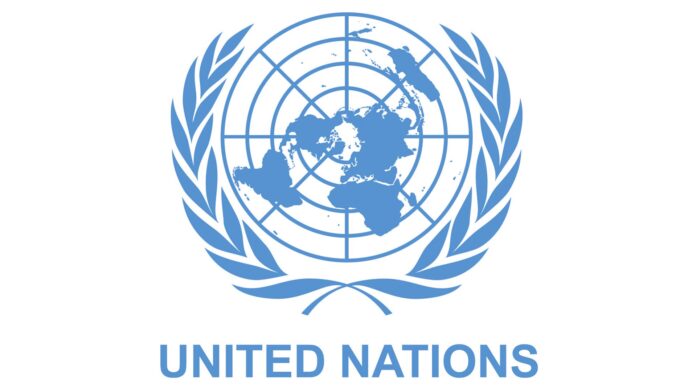The United Nations Office for the Coordination of Humanitarian Affairs has said that humanitarian partners will need $4.7bn to assist 20.9 million vulnerable people in parts of Nigeria, Chad, and five other African countries.
This was disclosed in its 2024 Humanitarian Needs and Requirement Overview report published on its website on Thursday.
The Sahel is a region of Africa separating the Sahara Desert to the north and tropical savannas to the south and covers Nigeria, Burkina Faso, Cameroon, Chad, Mali, Mauritania, Niger, and Senegal.
The OCHA urged the international community to give generously to ensure the region’s humanitarian response plans can be implemented fully by the end of the year.
According to the UN agency, the lives of 32.8 million people across the Sahel are affected by a complex and interlinked web of crises, which are exacerbated by instability, a deteriorating security situation, and the effects of climate change.
The statement added that the development was leaving them in need of humanitarian assistance and protection services.
It noted that across the Sahel, growing violence and conflict threaten lives and livelihoods, forcing families to flee their homes and preventing access to basic social services.
In Nigeria, the UN noted that 7.9m persons from Borno, Adamawa, and Yobe states are people in need, but the agency will target 4.4m people with the required funding of $926.5M.
It further disclosed that 2.2 million children in the area were deprived of their right to education due to school closures, 1,263 health centres are closed while the region hosts two million refugees and asylum seekers aside from 5.6 million internally displaced persons many of whom have faced multiple displacements.
“Humanitarian partners require US$ 4.7 billion in 2024 to meet the urgent needs of 20.9 million people in Burkina Faso, Cameroon’s Far North Region, Chad, Mali, Niger, and Nigeria’s Adamawa, Borno and Yobe states.
“The OCHA is warning that lives are at risk unless humanitarians are given the resources needed to respond to these crises and support the region’s most vulnerable people,” the report read.
The report further stated that Burkina Faso and Nigeria host the highest number of internally displaced persons with over 2.1 million each as of 30 April 2024.
“Of the 7.6 million total displaced people as of 30 April 2024, 5.6 million were internally displaced persons. Across West and Central Africa, more than half of all refugees and asylum seekers are children. Burkina Faso and Nigeria host the highest number of internally displaced persons with over 2.1 million each as of 30 April 2024, while Chad hosts the highest number of refugees and asylum seekers with 1.2 million as of the same date. The resurgence of conflict in Sudan has already driven more than half a million Sudanese to seek refuge in neighbouring Chad, and this number is likely to increase further unless the situation there stabilizes,” it said.
The regional head of OCHA, Charles Bernimolin, explained that the work of humanitarians and international partners during a crisis cannot be overemphasized.
He stressed that the lack of adequate resources remains a major challenge in addressing the humanitarian crisis.
However, he expressed confidence in the international partners’ ability to intervene.
Read Also: Presidency denies N105,000 pay as Labour awaits Tinubu’s offer
“Humanitarians across the Sahel are doing extraordinary work, often in the most challenging circumstances. But the tangled web of crises that are faced is more complex than ever. Yet without the resources needed to respond to their needs, these crises will continue to escalate and spread, eroding resilience and putting the lives of vulnerable children, women and men at risk.”
“Moreover, given that humanitarian action alone is not a long-term solution, I would also urge international partners to continue to engage with the region, to create durable solutions that will reduce humanitarian needs in the future,“ he stated.
Data from the UN showed that humanitarian partners provided lifesaving assistance and protection services to more than 15.6 million people across the Sahel in 2023.
However, millions were left without vital aid as only 41 per cent of the funding needed was received last year.
The UN disclosed that “As of 3 June 2024, 16 per cent of the humanitarian funding requirements of the six 2024 country response plans were met. If aid operations collapse, it will threaten millions of lives across the Sahel.”

